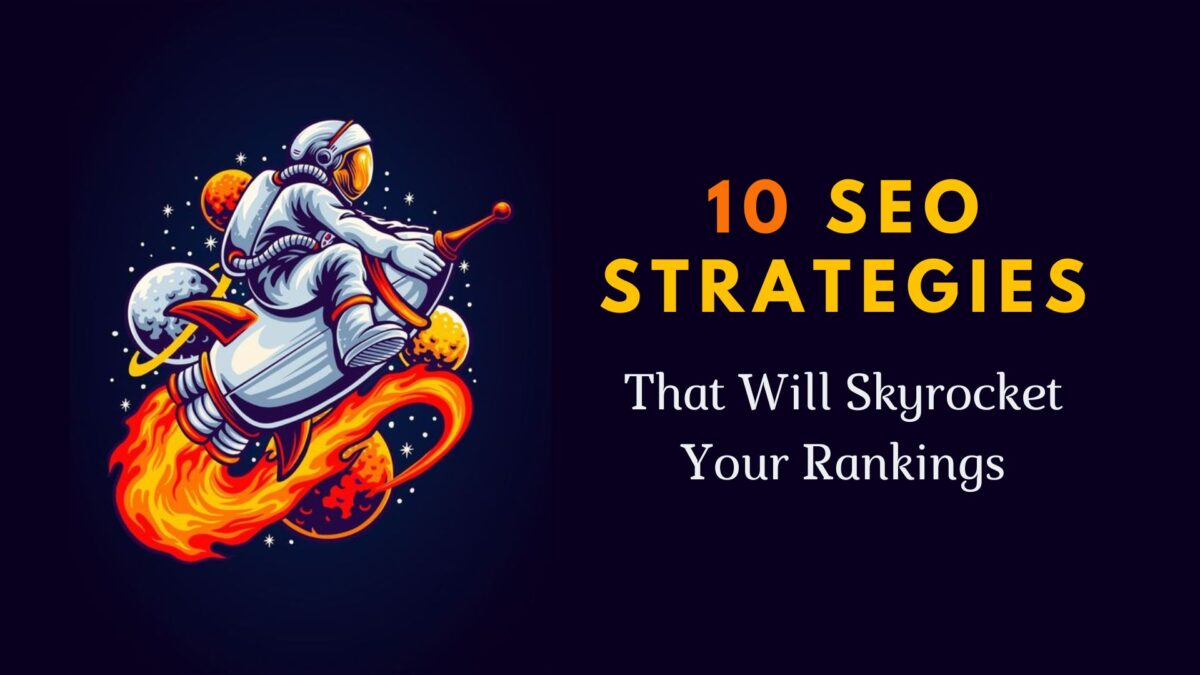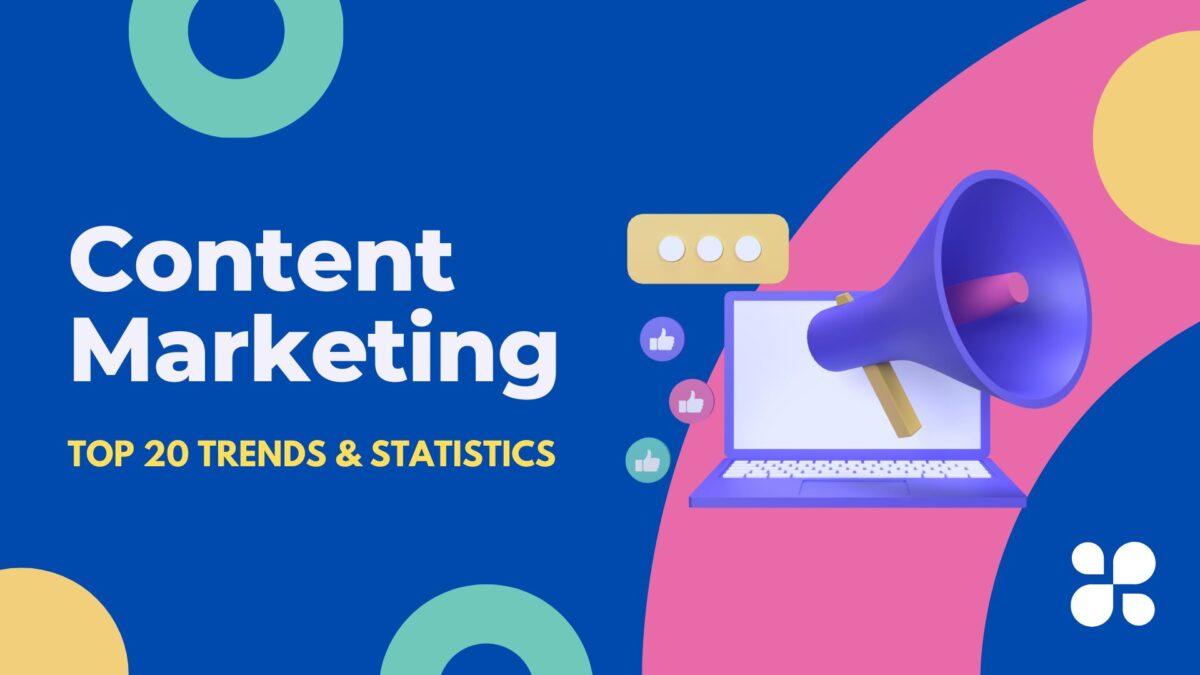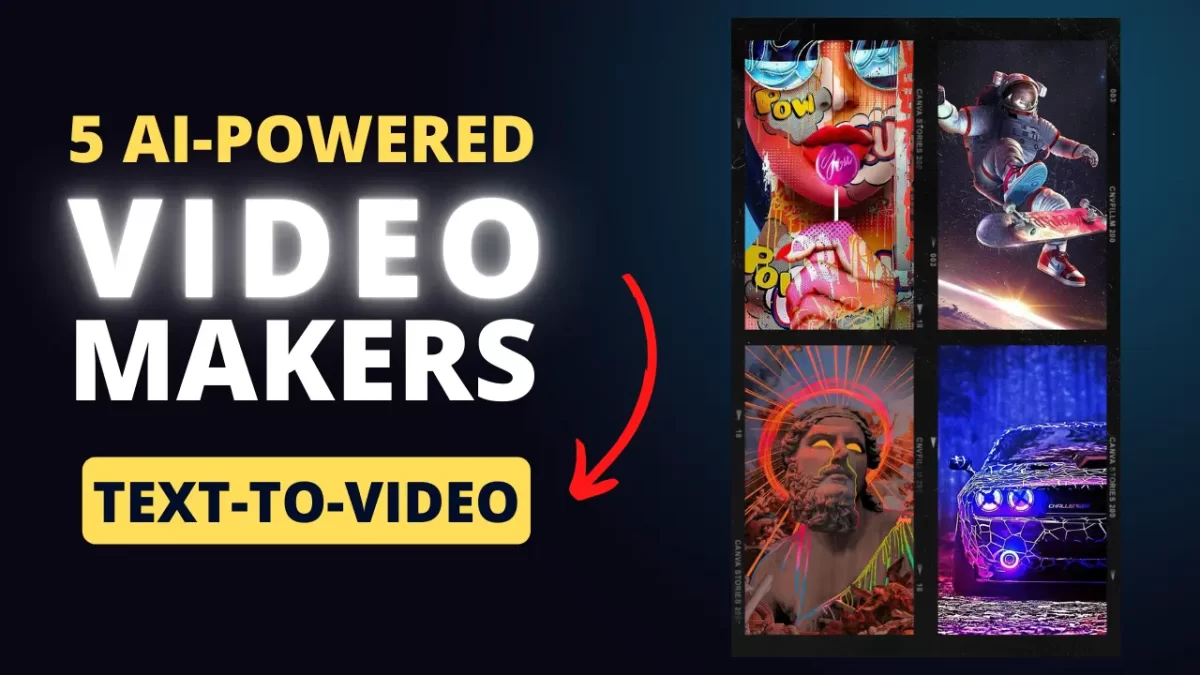Small businesses face unique challenges when it comes to online marketing. With limited resources, it can be difficult to reach a large audience and stand out in a crowded marketplace.
Fortunately, there are several effective online marketing strategies that small businesses can use to reach their target audience and grow their brand.
Here are 10 strategies to consider:
SEO Marketing for Small Businesses
Search engine optimization (SEO) is a powerful tool for small businesses looking to reach more customers online.
SEO involves optimizing your website and content to rank higher in search engine results pages (SERPs) for relevant keywords.
This helps your business appear at the top of search results when potential customers are looking for products or services like yours.
Social Media Marketing for Small Businesses
Social media is an effective way for small businesses to reach and engage with their target audience.
By creating a strong presence on platforms like Facebook, Twitter, Instagram, and LinkedIn, small businesses can build relationships with their customers and increase brand awareness.
Social media is also a great place to share promotions, updates, and behind-the-scenes content that provides a more personal look at your business.
Inbound Marketing for Small Businesses
Inbound marketing is a customer-centric approach that focuses on attracting customers to your business through valuable content and experiences.
This can include creating blog posts, eBooks, webinars, and other resources that provide helpful information to your target audience.
Inbound marketing helps build trust and credibility with potential customers and can lead to increased conversions and sales over time.
Related Post: 5 Steps to Successful Marketing Automation for Small Businesses
Content Marketing for Small Businesses
Content marketing is an effective way for small businesses to reach and engage with their target audience.
By creating and sharing valuable content, such as blog posts, videos, and infographics, small businesses can attract and retain customers, build brand awareness, and drive traffic to their websites.
Content marketing can also help establish your business as an expert in your industry, which can lead to increased sales and referrals.
Virtual Event Marketing for Small Businesses
Virtual events, such as webinars and online conferences, are a great way for small businesses to reach their target audience and showcase their expertise.
These online events provide a unique opportunity for small businesses to connect with customers and build relationships, even if they are unable to meet in person.
Influencer Marketing for Small Businesses
Influencer marketing involves partnering with individuals who have a large following on social media or other online platforms to promote your small business.
This can be a cost-effective way for small businesses to reach a large, engaged audience and build brand awareness.
Referral Marketing for Small Businesses
Referral marketing is a powerful way for small businesses to reach new customers and grow their business.
By providing excellent service and encouraging satisfied customers to refer friends and family, small businesses can tap into the power of word-of-mouth marketing and reach new audiences.
Video Marketing for Small Businesses
Video marketing is a powerful tool for small businesses looking to reach and engage with their target audience.
By creating engaging videos that showcase your products or services, tell your story, or provide valuable information, small businesses can build brand awareness, drive traffic to their website, and increase conversions.
Email Marketing for Small Businesses
Email marketing is a powerful and cost-effective way for small businesses to reach their target audience and drive sales.
Here’s how to use email for marketing a small business:
Build Your Email List:
The first step in email marketing is to build a list of subscribers.
Offer incentives for customers to sign up for your email lists, such as exclusive promotions or early access to new products.
Make sure to also provide a clear and simple opt-in process and always comply with anti-spam laws.
Segment Your List:
Segment your email list based on factors such as subscriber interests, purchasing behavior, and location.
This will allow you to send targeted and relevant emails to different segments of your list, which can increase engagement and conversions.
Create Compelling Content:
The content of your emails should be engaging and informative, and provide value to your subscribers.
This can include news about your products or services, helpful tips, and advice, or exclusive promotions.
Make sure to also include a clear call-to-action in each email, such as clicking a link to make a purchase or signing up for a workshop.
Optimize for Mobile:
A large percentage of people now read emails on their mobile devices, so it’s important to optimize your emails for mobile viewing.
Use a responsive email design that adjusts to different screen sizes, and make sure your emails are easily readable and navigate on a mobile device.
Test and Refine:
Regularly test and refine your email campaigns to see what works and what doesn’t.
Use A/B testing to try different subject lines, calls-to-action, and content formats to determine the most effective approach.
By following these best practices, small businesses can effectively use email marketing to reach their target audience, build relationships, and drive sales.

Related Post: 10 Examples of Effective Email Newsletter Design
Online Marketing Tips for Small Business
- Define your target audience and tailor your marketing strategies to meet their needs
- Invest in high-quality, engaging content that provides value to your target audience
- Utilize social media platforms to reach and engage with your target audience
- Focus on building relationships with customers, rather than just pushing sales
- Continuously measure and evaluate your results, and make adjustments as necessary to improve your online marketing strategies.
5 Examples of Online Marketing for Small Businesses
- A local bakery uses social media to showcase its daily specials and to share photos of its delicious creations. They also offer a loyalty program for repeat customers and run regular promotions on their social media channels.
- A small clothing boutique uses influencer marketing by partnering with popular fashion bloggers to showcase its products. They also run a referral program for customers who refer friends and family and offer special discounts for customers who sign up for their email newsletter.
- A virtual event marketing strategy for a local software company includes hosting webinars and online conferences to demonstrate their products and educate their target audience. They also provide free trial offers and resources to help customers get started with their products.
- A small travel agency utilizes SEO by optimizing its website and creating blog posts that provide valuable information and travel tips to its target audience. They also run regular contests and giveaways on their social media channels to engage with their followers and build brand awareness.
- A local yoga studio uses video marketing by creating and sharing videos of their classes and workshops, as well as testimonials from satisfied customers. They also offer a referral program for customers who refer friends and family and run special promotions for customers who sign up for their email newsletter.

Suggested Reading: Free AI Tools For Small Business Marketing
Conclusion
There are many online marketing strategies that small businesses can utilize to reach their target audience and grow their brand.
Whether it’s through SEO tools, social media, inbound marketing, content marketing, virtual events, influencer marketing, referral marketing, or video marketing, the key is to find the strategy that works best for your business and invest in it consistently.
With the right online marketing strategy, small businesses can achieve great success and reach their full potential.

Ali is a digital marketing blogger and author who uses the power of words to inspire and impact others. He has written for leading publications like Business2Community, Inc. Magazine, and Marketing Profs. When not writing, he enjoys spending time with his family.




